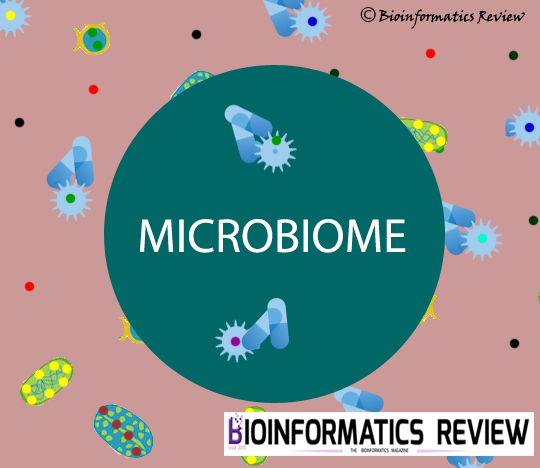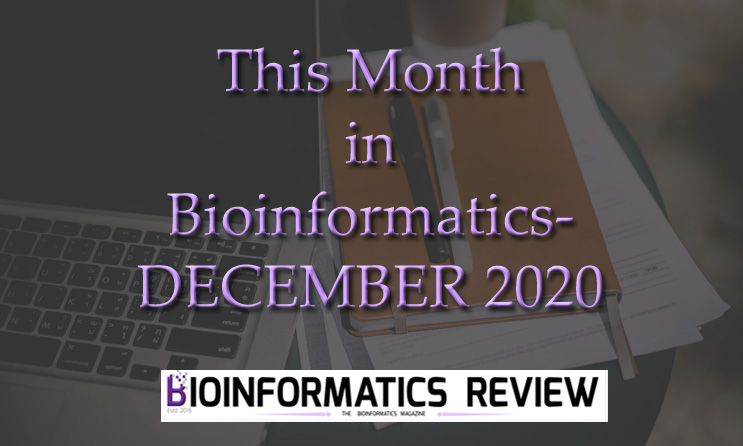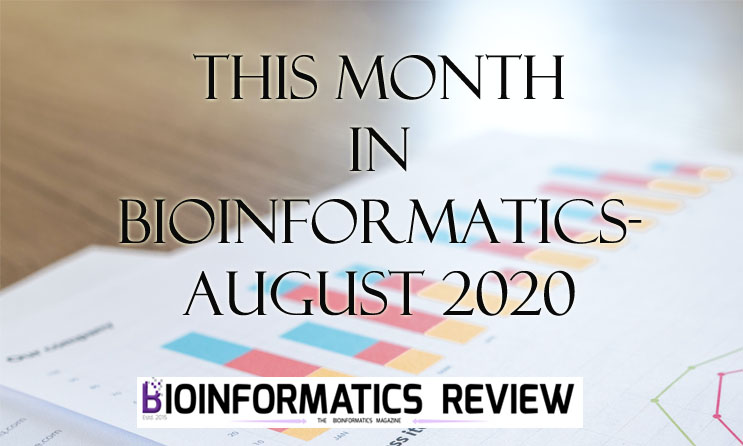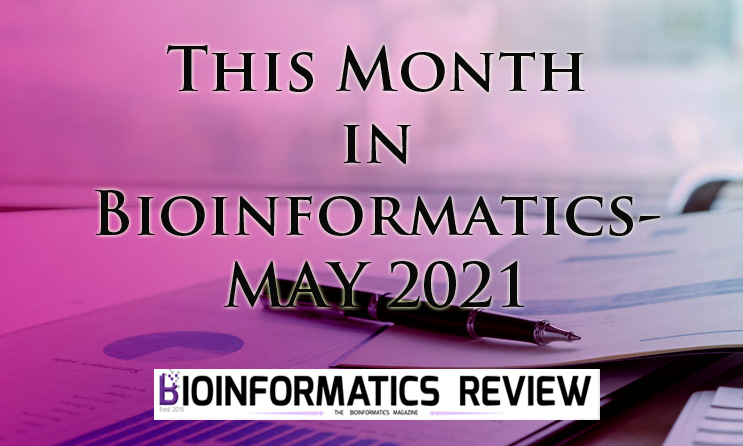The 2016 American Society for Microbiology-Microbe (ASM Microbe 2016) was an August meeting held in the magnificent city of Boston at the Boston Convention and Exhibition Center (BCEC) and its high-traffic neighborhood from June 16-20. It is the first time that the ASM general meeting and the ICAAC (Interscience Conference On Antimicrobial Agents And Chemotherapy) merged to make a single giant convention. This year the meeting saw huge participation from academia, the pharmaceutical industry, and several biotechs. There were big brands as well as smaller start-ups in the microbial horizon clamoring for attention amongst the 7000-odd attendees. Indeed, in the words of David C. Hooper, MD; Massachusetts General Hospital and Chair, ASM Meetings Board-“It’s really the only meeting of its kind. It covers the scope of microbiology and microbial sciences from A to Z, from basic to clinical applications”. The event kick-started with a Conversation with Bill Gates: Bringing the Frontiers of Science to the Front Lines of Development that rightfully set the tone for the rest of the conference. The tech mogul championed the cause for prevention and cure for several infectious diseases across the globe, especially in developing countries. He highlighted the need for more microbe-oriented research to eradicate the menace of infectious diseases.
The main event was divided into several parallels running scientific tracks and workshops conducted by experts in the field. From the pharma standpoint, sessions that focused on host-microbe ecology, the translational aspect of microbial research and therapeutics and prevention were my top choices. Clostridium difficile infection, HIV cure, dysbiosis and rebiosis, fecal matter transplant, prebiotics and probiotics, microbiome interaction, inflammation were some of the buzzwords from these sessions. It is perhaps not out of context to mention that my work on the discovery of microbial metabolite mimics was very well received and had the floor cheering. GSK’s unique approach towards ‘Microbiome-to- Targets’ was lauded at all levels. Several stalwarts in the field of microbiome research like Robert Knight (University of California, San Diego), Peter Turnbaugh (University of California, San Francisco), Andrew Goodman (Yale University), Laurie E. Comstock (Harvard University), were also present in the audience. I had an opportunity to a have a talk on my research work which featured in the “Influence of Microbial Products on the Gut Microbiota or Host” symposium.
The wealth of information amassed from the Human Microbiome Project (http://hmpdacc.org/) needs processing, in-depth analysis, development of new Bioinformatics tools and software to meaningfully interpret the microbiome association in human health and their clinical implications. Sequencing of the 16S rRNA regions from the commensal microbes bypassed the challenges of identifying bacteria from cultures (most of the commensals from different body sites are actually still uncultivable in the lab). At ASM, scientists from various disciplines were unequivocal in stressing the need for more microbiome research given the intricate biology of host-microbe interaction. Understanding the molecular mechanism of this “cross-talk” is still in its infancy, emphasizing the need for more pharma investment in this area to develop new therapeutic products. As increasing number of evidence points to the involvement of the commensal microbiota in several autoimmune disorders, metabolic diseases, respiratory diseases, and neurological disorders, it is only logical to study bugs that are our “buddies” as well as the ones that are “baddies”. In conclusion, the microbiome market will only gain traction in near future.
Somdutta Saha, Ph.D.
Early Talent Postdoctoral fellow,
Computational Biology, R&D, GlaxoSmithKline,
1250 South Collegeville Road, Collegeville. Pennsylvania 19426.
Disclaimer: The views expressed in this article are that of the author’s alone and not necessarily endorsed by GlaxoSmithKline(GSK) Plc.










